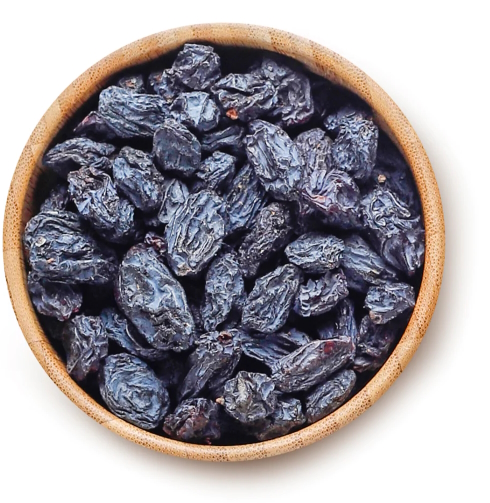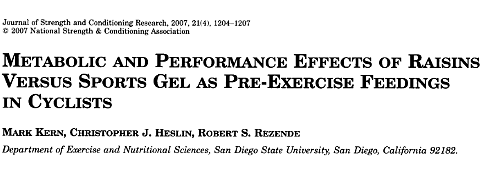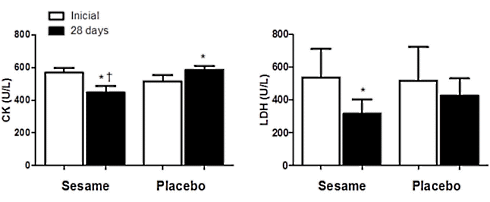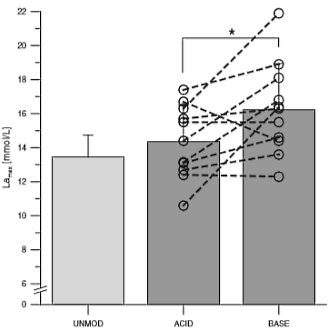|
Raisins or sports gels - what difference does it make?
The energy gels that endurance athletes use during their intense training sessions work just as well as ordinary raisins. That was the result of a human study published by kinesiology researchers at San Diego State University in the Journal of Strength and Conditioning Research.

Sport gels
Sports gels or energy gels are relatively new to the sports foods industry. They are intended as an alternative to fluid products and have been developed to provide athletes with carbohydrates that can be digested quickly. Gels also have a high glycaemic index. Energy at the moment you need it is the manufacturers' creed.
Study
In 1997 researchers at San Diego State University published a study in which they compared the effect of gels and raisins on 8 endurance athletes. The athletes first had to cycle for 45 minutes at 70% of their VO2 max and then wind down for 15 minutes via a protocol in which they had to pedal a bit faster every 2 minutes.

Forty-five minutes before the athletes began to cycle, they ate either raisins [Glycaemic Index: 88] or a gel [Glycaemic Index: 117]. In both cases, they ate 1 gr of carbohydrates per kg of body weight. The gel used was Clif Shot, and the raisins came from California.
Results
The researchers detected no difference between the effect of the raisins or the gel. When the athletes ate raisins they produced 189.5 kJ energy. After consuming the gel, the figure was 187.9 kJ.
A blood analysis showed no differences either, although, after eating raisins, the athletes had slightly more free fatty acids [FFA] in their blood in the post-exercise phase. That suggests that raisins retard the body's rate of fat consumption a bit less than do gels.
Click on the table for a larger version.

Conclusion
"The similarity of responses suggests that it may be valuable for athletes, coaches, and trainers to consider the type of carbohydrate-rich food to consume prior to short-term endurance exercise", concluded the researchers.
"Raisins are less expensive than sports gels and are a source of naturally occurring nutrients; therefore, they offer an advantage to those desiring a 'food first' approach to nourishment."
Sponsor
The researchers were paid by the California Raisin Marketing Board.
Source:
J Strength Cond Res. 2007 Nov;21(4):1204-7.
More:
Cyclists do just as well on bananas as on sports drinks 21.03.2013
Dried apricots vs. jam sandwiches: endurance sports study 28.02.2012
Endurance athletes are faster if they just taste carbs and spit them out 03.01.2011
Low GI breakfast gives endurance athletes faster times 01.08.2010
Archives:
Nutrition & Endurance Training
Endurance Supplements
|






